 The Zero and the One is Ryan Ruby’s debut novel, which has been dubbed a philosophical thriller, and has plenty of twists in the story and style, offering moments of Gothic storytelling, mystery suspense, and the wise contemplations of fine fiction. It is a brilliant story told by a shy intellectual, Owen Whiting, who is recovering from the death of his friend Zach. We spoke with Ryan Ruby about what it took to write such a fascinating and inventive book.
The Zero and the One is Ryan Ruby’s debut novel, which has been dubbed a philosophical thriller, and has plenty of twists in the story and style, offering moments of Gothic storytelling, mystery suspense, and the wise contemplations of fine fiction. It is a brilliant story told by a shy intellectual, Owen Whiting, who is recovering from the death of his friend Zach. We spoke with Ryan Ruby about what it took to write such a fascinating and inventive book.
Better Reading: Hi Ryan, congratulations on the publication of The Zero and the One! What’s the story about?
Ryan Ruby: Thank you kindly, Jack. Let’s see. On the face of it, the story’s about a failed suicide pact between two Oxford philosophy students in the years 2000-1. But really, it’s about the psychology of charismatic leadership, the special relationship between the American and British empires, the special relationship between Nietzsche and Wagner, the conflict between the aesthetic and the political, how to read the world as if it were a book, media technology, number theory, culture and anarchy, triangular desire, identity theft, doubles, depersonalization, the nature of taboo, how when the gods wish to punish us they answer our prayers, the dangers of abstract thought and, why not, the meaning of life.
BR: Could you tell us how you ended up writing a novel?
RR: Well, with The Zero and the One I was cheating on a different novel I had been working on for four years and which had swelled to over four hundred pages and still showed no signs of going anywhere. It was actually supposed to be a novella that I was planning to submit to a competition that was offering 10,000 euros and a flight to Paris. The goal was to win the competition, move to Europe, and go back to work on the other novel, but by the time the deadline rolled around I was way over the allotted word count and only two-thirds of the way towards the ending. At which point, since there was actually an end in sight, I decided to keep going and finish it. I didn’t know then of course that it would be another four years and ten drafts before it would finally be published, but I suppose you could say that in March I did the right thing and finally married my mistress.
BR: What were some of the main sources of inspiration? Personal experience, philosophy, a mixture of both?
RR: A writer is less the producer of a book than a place where a book ends up happening. Or, to look at it from the other direction, the book is, in the first place, an excretion caused by the fever that results when a receptive organism is infected by potent concentrations of language. Naturally this excretion will bear the distinctive character of the body it was filtered through: what we call inspiration—which means, literally, “to breathe in”—is barely a euphemism for this physiological process. It follows that everything that formed the organism, including personal experiences, bears on the resulting excretion, even though only ones that pass a certain threshold of intensity get expressed. Of these I suppose my experience as an only child, as an American at Oxford, as an eighteen year old in New York, as a socialist fellow traveller, of having been on both sides of the Zach/Owen relationship, of having been what the medical literature would call a suicidal ideator but I would call thinking and what the medical literature would call depersonalization but I would call modernism, and yes, even philosophy itself, which, as a way of life, provides personal experiences of the most intense variety, have had the most bearing on the manifest content of The Zero and the One.
BR: The book deals with some pretty hefty themes, such as moral philosophy and suicide. For you, what is the attraction of using fiction as a way to explore philosophical possibilities?
RR: The essential freedom that the novelist has, which the philosopher lacks, in exploring philosophical themes, is irony. Whatever else has to occur in a philosophical paper, the assumption is that you, the author, are saying what you believe to be definitively the case and are providing the best possible arguments for why you think it is so. With fiction you have the freedom to represent multiple points of view without ever endorsing any of them and to allow them to act as serious existential options for your characters without making any further statement about their truth-value. The point of this is not merely to engage in a kind of value pluralism that declares serious moral conflicts to be ultimately irreconcilable and skeptically “reserves judgment” about moral claims—though I also happen to think this is the philosophical stance proper to the novel—the point is also to show why views, even those with which you happen to disagree, are compelling to the people who hold them and how the phenomenon of belief is more complicated than being rationally persuaded by an argument. To take the example of the morality of suicide, I have tried to present views with equal force whether I happen to agree with them or not, and I hope the reader will not be able to tell which of my characters articulates the views I happen to agree with.
BR: Throughout the novel your characters travel to various places: New York, London, and Berlin. How did you go about capturing the essential atmospheres of these different cities?
RR: The book is set in the places its set because I happened to be in those places when I was writing the first draft and I wanted to send my characters off on the same (ok, well not exactly the same) adventures I was having. While all of these cities are very distinct, I attempted to depict them as paysages moralisés with a common—let’s call it gothic—atmosphere of menace and dread. This was done with weather (the oppressive humidity of New York, the obscuring fog of London), with architecture (the Twin Towers and the two churches on Gendarmenmarkt), with historical allusion (the party in London takes place in the building where Rimbaud and Verlaine lived, the publisher’s office in Berlin is located on a street named for Richard Wagner), and time of day (night, night, night).
BR: Zach and Owen are compelling characters in their own right. Owen, the observer, is withdrawn but bold, and Zach is eccentric and bigger-than-life. What was the process like representing such different and unique characters?
RR: What I did was to take opposing tendencies within myself, cut myself into two, push each of the newly isolated tendencies to its logical extreme. I called one Zach and the other one Owen, and then imagined how they would interact with each other if they were autonomous beings. But I wouldn’t describe Zach and Owen as different and unique so much as they are opposite and complementary: opposites aren’t mutually exclusive but mutually constitutive, they define one another, one term can’t exist without the other, and is always on the verge of becoming the other. And that’s precisely what happens to Owen. His admiration of Zach turns into a desire to become Zach and he learns, too late, of course, when he starts to see Zach from the inside, that his initial admiration was dangerously unjustified.
BR: Are there any authors in particular that have really inspired you as a writer, and The Zero and the One in particular?
RR: Oh, too many to name. Like many writers, I got into this mess because I read too much, too early. On the subject of influence, I consider myself to be almost omni-influencable and the meaning of my book is in a deep sense to be found in other books. And in books as in people, you never forget your first loves, which set your taste for the rest of your life. In my case I came to want to write fiction thanks to an early encounter with High Modernism: Joyce-Proust-Wittgenstein-Eliot are my gospels and they inform everything I have written and everything I will write, although the more visible influences on The Zero and the One are Poe and Dostoevsky. The Zero and the One is a book that wears its source material—literary, but also artistic, musical, and philosophical—on its sleeve, but since I have the opportunity here, I’ll trace out the genealogy of two characters, Zach and Hans Abendroth. Zach draws his ancestry from monomaniacal villains like Iago, Milton’s Satan, Captain Ahab, Kurtz, Stavarogin, and Humbert Humbert. And Abendroth’s philosophy is a self-conscious pastiche of the aphorists like Schopenhauer, Nietzsche, Wittgenstein, Cioran and Blanchot.
BR: Could you tell us about your writing process? Do you write in the morning, at night, in cafes, in a quiet study?
RR: As I was saying earlier, to ask about the writing process is to ask about the physiology of the writer. Writing is all about the physiological rhythms—circadian, digestive, ambulatory, and so forth—that put the mind in the necessary state for composition, ecstatic or reflective or analytic, given the needs of the text at the particular moment you’re working on it. So I should say that I generally wake up around 11 and I go to sleep again at 3. I get by on a half a dozen cups of coffee and a pack of cigarettes a day. But being able to move has always been conducive to good writing for me, because thought induces maniacal restlessness and writing helps drive it off, though if things are going very well writing actually exacerbates the problem and then you need a stiff drink, another pack of cigarettes, and Johann Sebastian Bach. I’ve always had the good fortune to live in neighborhoods where there are many cafés so what I like to do is order a coffee, do some writing, gather my thoughts on my walk to the next one, order a cup off coffee, write down the thoughts I gathered during my walk, repeat. At night, when I’m at home, I pace around my room. But if I’m in the middle of a project and I’m awake I’m always writing, whether I’m sitting in front of a piece of paper or a computer screen and moving my fingers or just quietly talking to myself and looking at the world with a writerly gaze, looking for the world to furnish me with the details I need. The Zero and the One was written in cafés in Oxford, New York, Berlin, Tbilisi, and Los Angeles, but also in a cabin in New Hampshire, and in the trains, subways, buses, and airplanes that got me to and through all those places. If the book achieves a certain exit velocity in the reading it’s because it was written almost entirely in motion.
BR: What did you want readers to take away from reading The Zero and the One?
RR: I’m reluctant to answer this question because part of the pleasure of reading is solving the author’s puzzles, but thus far I’ve run into the following problem: early readers do not seem to have been aware that there are puzzles to be solved. So I would like to alert any future reader, while trying to be as vague as possible, that there are at least two parallel readings of the book, an exoteric and an esoteric reading. In each case the book is a kind of code for a program, which will produce a specific kind of hallucination in the person who reads it. From the first, which can be hallucinated easily enough by simply attending to the plot, the experience I hope the reader has is one of a descent into the maelstrom, in which the reader ingests more and more of the code to see just how far down the vortex goes and how dark it can get down there. But the second requires meticulous attention to every motif, name, detail, allusion, symbol, and repetition I’ve encoded into the book. I hope the reader will see that every word in the book was put there by design and that every part of the book is a reflection, in miniature, of the whole. My intention was to produce the hallucination that the world can be like this as well. If one reads the world as one reads my book one will have the sublime illusion that the world, in its vast proliferation of normally unremarked upon detail, is itself designed, patterned, meaningful, interconnected, and saturated with intolerable levels of significance and wonder.
BR: What can we look forward to in the future?
RR: If I knew that, my dear sir, we’d be having a very different conversation!
Click here to grab a copy, start reading the opening chapter, or read the Better Reading review of The Zero and the One!
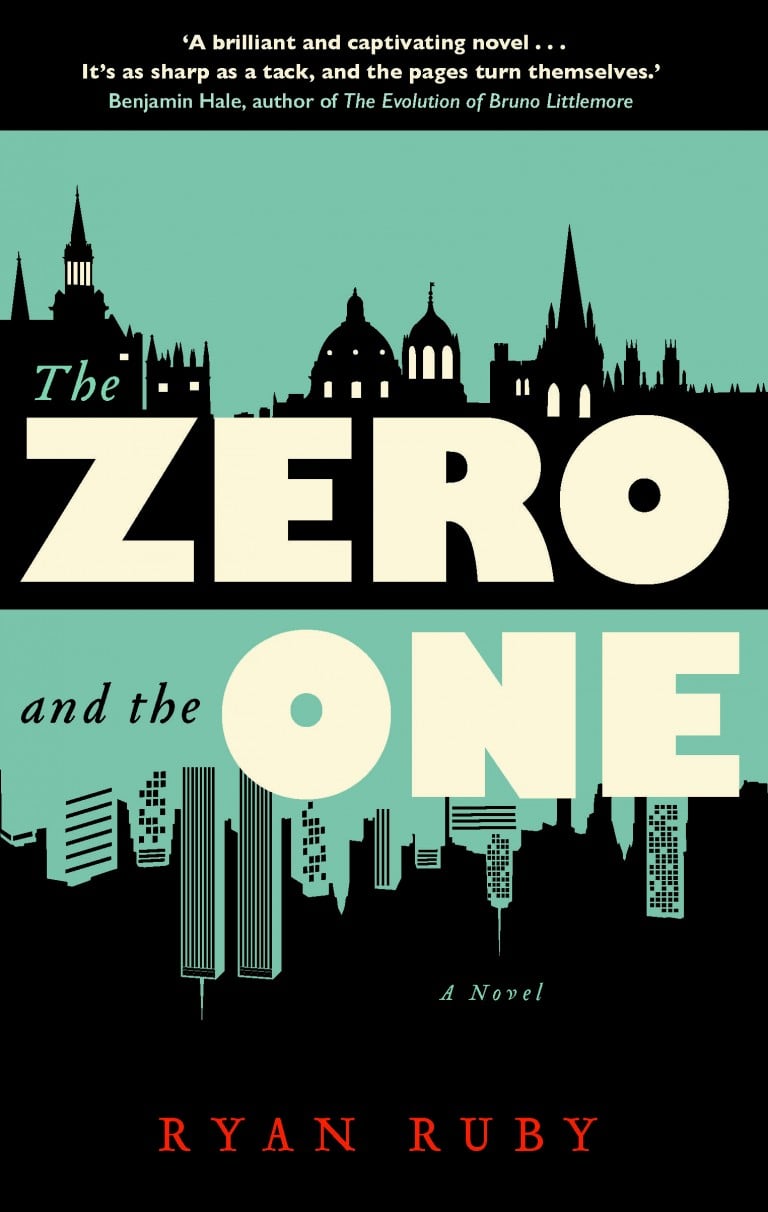
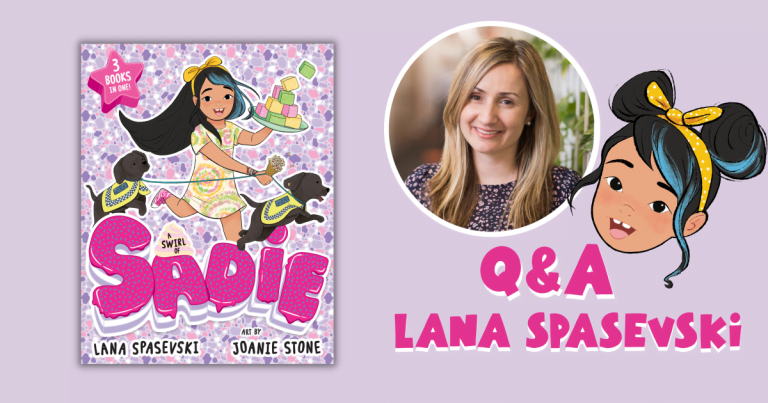
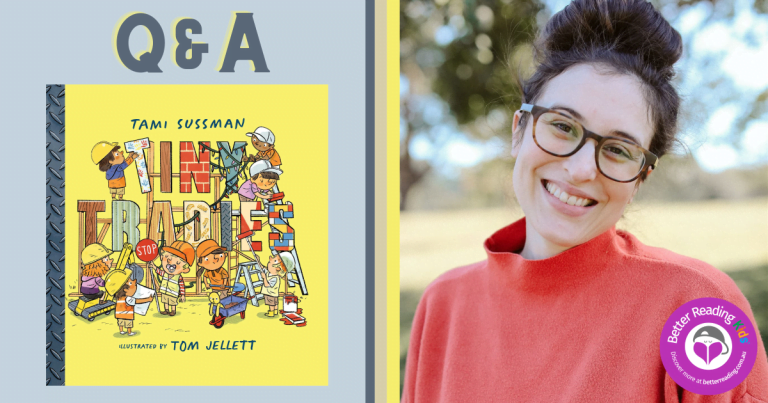
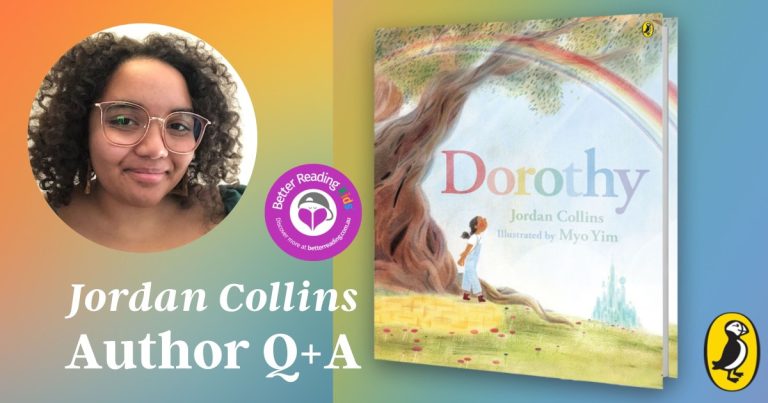
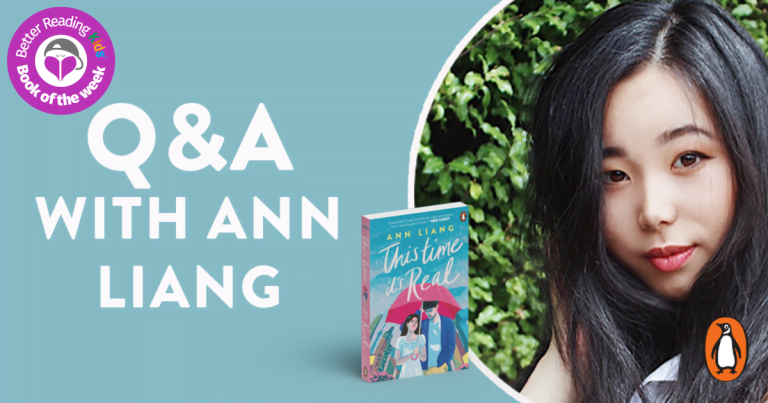
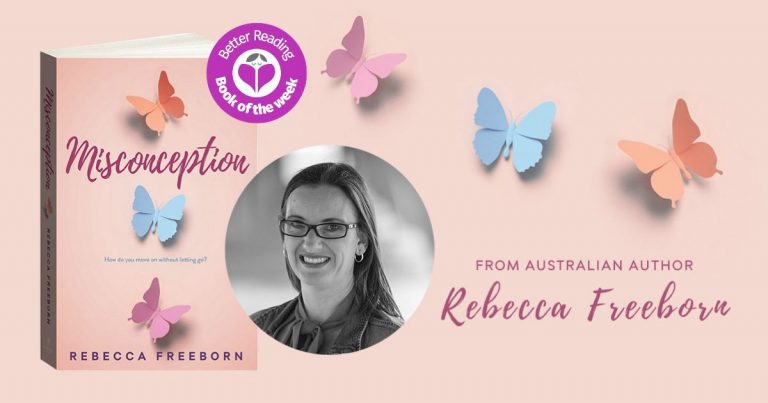
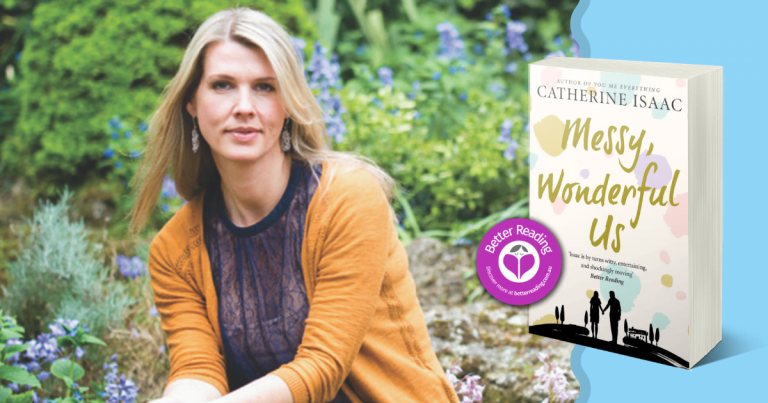
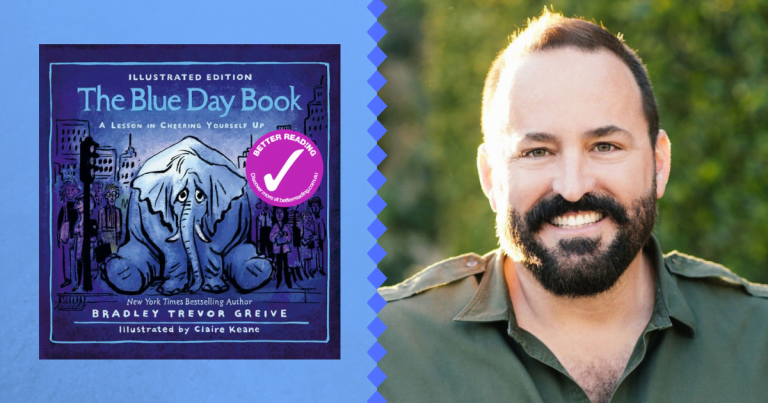
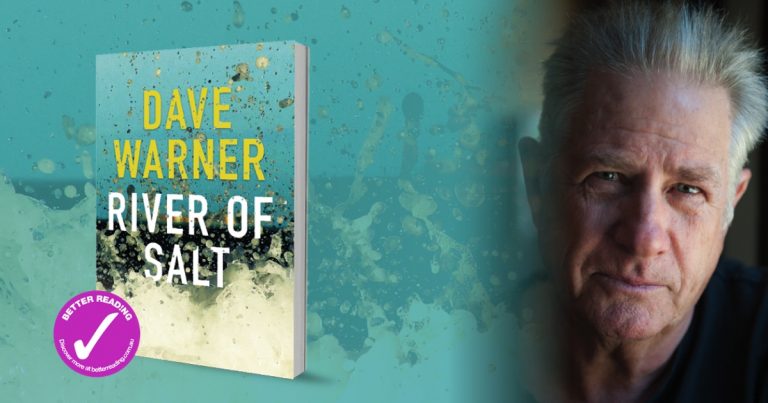
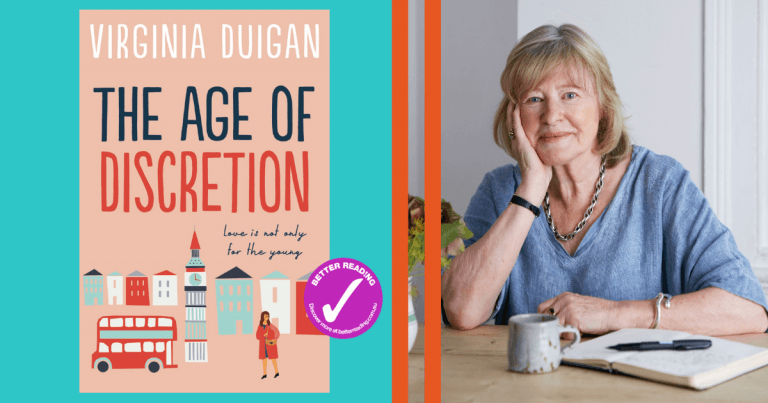
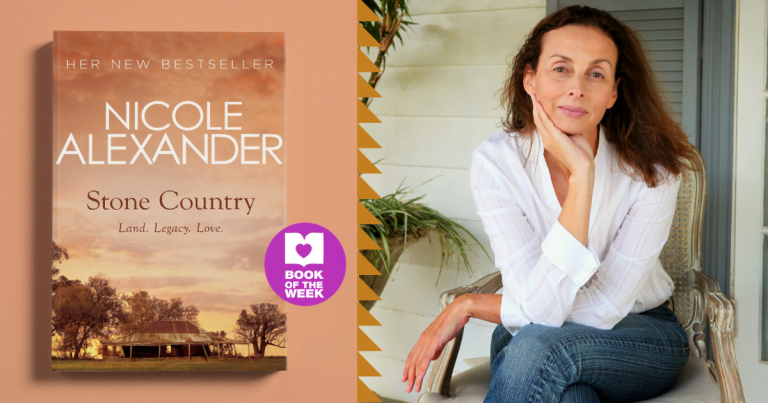
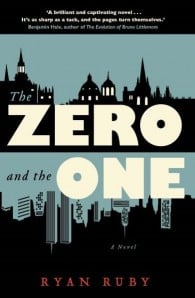
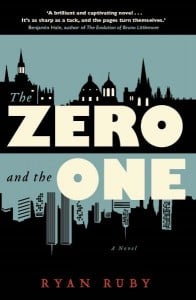
Leave a Reply